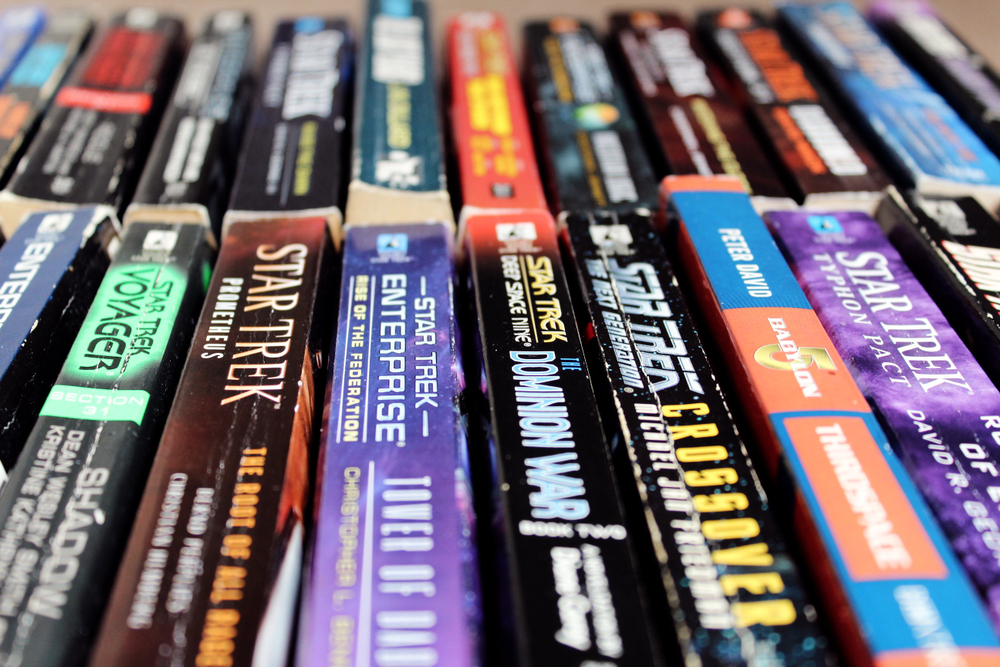Science fiction opens doors to extraordinary worlds, blending science, imagination, and often, profound insights into humanity. The genre has produced some remarkable works that have not only entertained but also influenced science and societal views. Here’s a compilation of 11 sci-fi novels that stand as pillars in the realm of speculative fiction:
1. Dune by Frank Herbert
A monumental saga of politics, religion, and ecology, set on the desert planet of Arrakis. Herbert’s universe, filled with noble houses battling for control of the spice Melange, has become a benchmark in epic sci-fi storytelling.
2. 1984 by George Orwell
A chilling portrayal of totalitarianism and surveillance, Orwell’s dystopian vision remains profoundly relevant, exploring themes of truth, freedom, and the nature of reality.
3. Foundation by Isaac Asimov
This sweeping series, beginning with “Foundation,” deals with the fall and rise of galactic civilizations and introduces Asimov’s Three Laws of Robotics, deeply influencing subsequent sci-fi.
4. Neuromancer by William Gibson
Credited with pioneering the cyberpunk genre, “Neuromancer” offers a gritty, neon-lit world where data thieves, cybernetics, and multinational corporations collide.
5. The War of the Worlds by H.G. Wells
Among the earliest narratives of a conflict between mankind and an alien race, Wells’ novel remains a timeless classic, igniting the imagination about life beyond Earth.
6. Snow Crash by Neal Stephenson
A fast-paced cyberpunk novel that delves into Sumerian mythology, virtual reality, and memetics. Its depiction of the Metaverse is a precursor to concepts of digital worlds like today’s virtual reality.
7. The Left Hand of Darkness by Ursula K. Le Guin
This novel, set on a planet where the inhabitants can choose and change their genders, is celebrated for its radical exploration of gender roles and identity.
8. Brave New World by Aldous Huxley
Huxley’s vision of a future where humanity is engineered into an intelligence-based caste system questions the cost of stability and the loss of individuality.
9. Ender’s Game by Orson Scott Card
Focusing on a young boy trained through war games to prepare for an alien invasion, this novel is both a thrilling narrative and a deeper look into morality and leadership.
10. The Hitchhiker’s Guide to the Galaxy by Douglas Adams
Infusing science fiction with irreverent humor, Adams’ series takes readers on a bizarre journey across the universe, proving that sci-fi can be hilariously entertaining.
11. Solaris by Stanisław Lem
Exploring the themes of human limitations and alien intelligence, Lem’s novel focuses on the psychological and philosophical interactions between human scientists and a sentient ocean on a distant planet.
Each of these novels not only provides a thrilling narrative but also pushes the boundaries of the genre, inviting readers to contemplate technology, humanity, and the vastness of the universe. They’ve left indelible marks on literature and continue to influence both readers and writers in the sci-fi genre.

